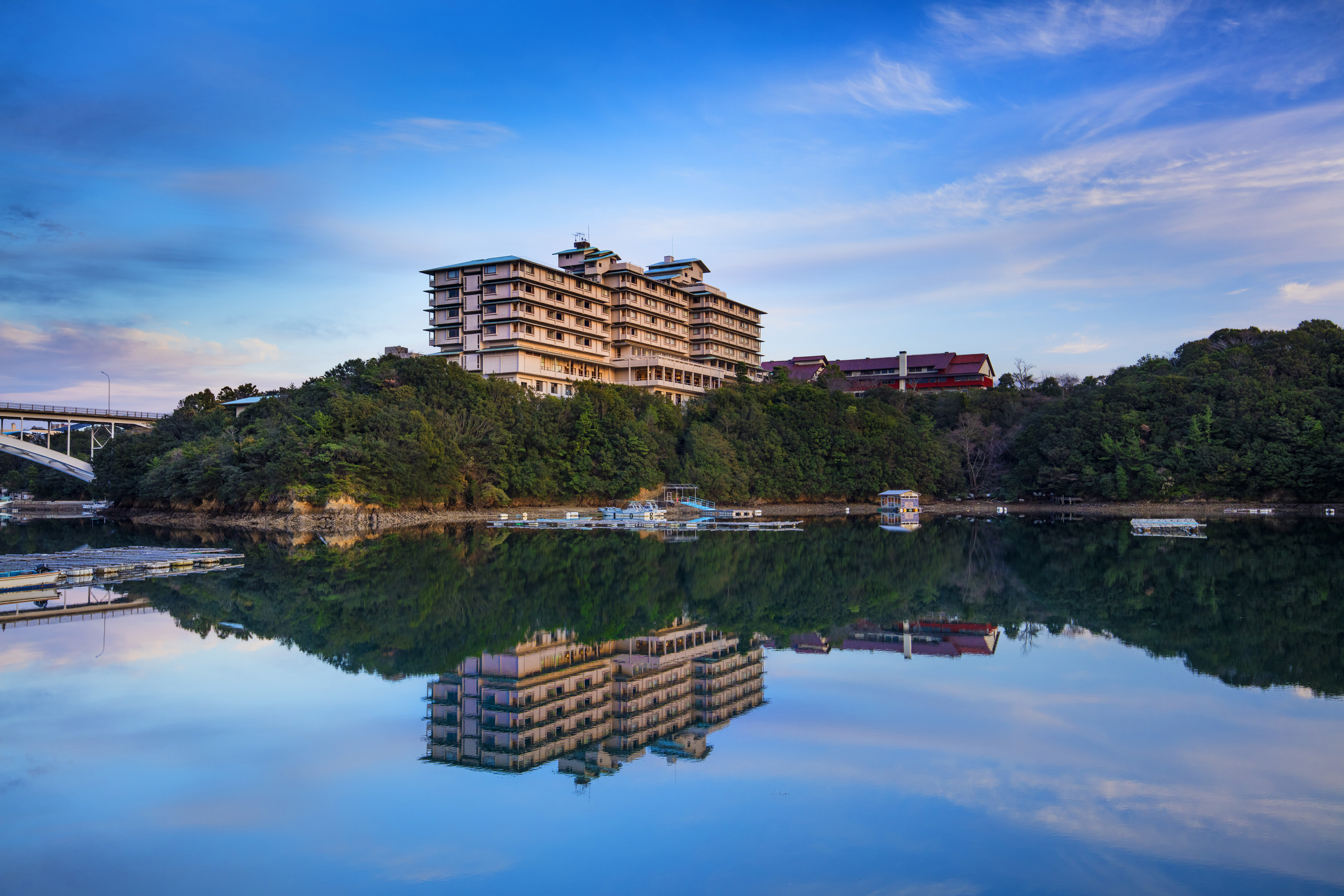When the Group of Seven leaders meet in Ise-Shima, Mie Prefecture, on Thursday for the two-day summit meeting, the global leaders will spend much of their time discussing wide-ranging issues from terrorism and the refugee crisis to China, which has been asserting its military power in the South China and East China seas. Additionally, a great deal of time and focus will likely be centered on how to prop up the decelerating global economy, which was triggered by slowdowns in emerging economies and plunging oil prices.
Prime Minister Shinzo Abe, who chairs the meetings, will be tested for his leadership in bringing together the other six countries, as each member state has slightly different views on how to address the global economy and when China, the world's second-largest economy, is not a member of the G7.
"There is an increasing risk of economic slowdown and growing economic volatility," noted Abe during a press conference in London earlier this month. "The biggest challenge for the Ise-Shima summit would be how the group of seven countries can coordinate to counter against it."


















With your current subscription plan you can comment on stories. However, before writing your first comment, please create a display name in the Profile section of your subscriber account page.